
Whether you’re a child, teen, adult, or senior, learning to swim is an important life skill. Knowing how to swim not only can save your life but also the lives of others.
In the event that you find yourself in water where you cannot touch the bottom or in case of a sudden fall into the water. Below are 8 life-saving swimming levels to learn and remember.

Knowing the right swimming techniques can make all the difference between risk of drowning and being able to swim to safety. Learning to swim fast does not have to be hard or take a lot of time. You need the right strategies and practice. Before utilizing the tips for faster swimming, learn about below swimming levels to gradually increase your swimming prowess. Let’s read on types of swimming levels.
Swimming Level 1
This level is fundamental and deals with water exploration. The objective of this level is to guide you through any difficulties you may have and to create a level of comfort in the water!
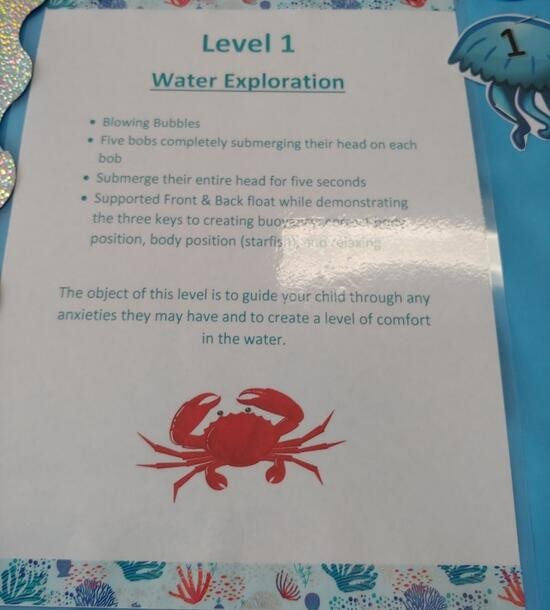
- Blowing Bubbles.
- Five bobs completely submerging their head on each bob.
- Submerge your entire head for 5 seconds.
- Supported front and back float while demonstr
Swimming Level 2
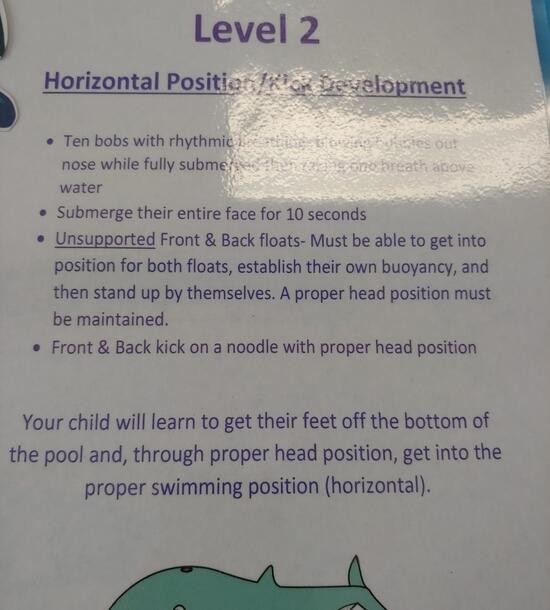
Swimming Level 3
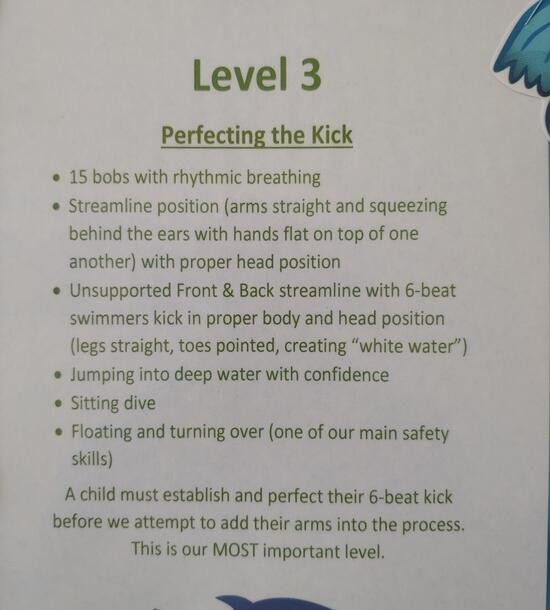
Swimming Level 4
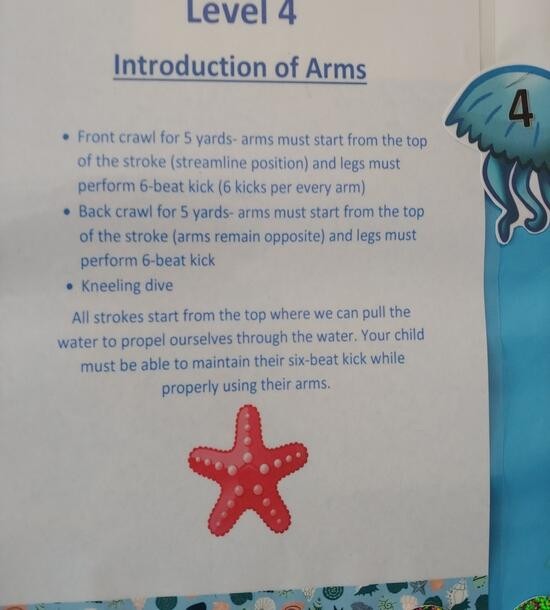
Swimming Level 5
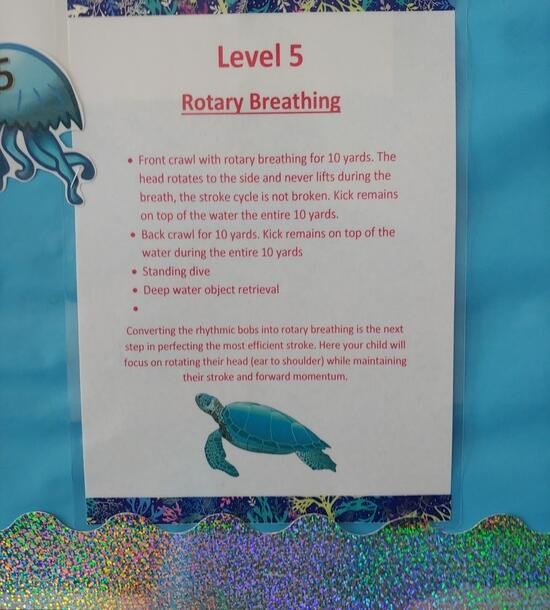
Swimming Level 6
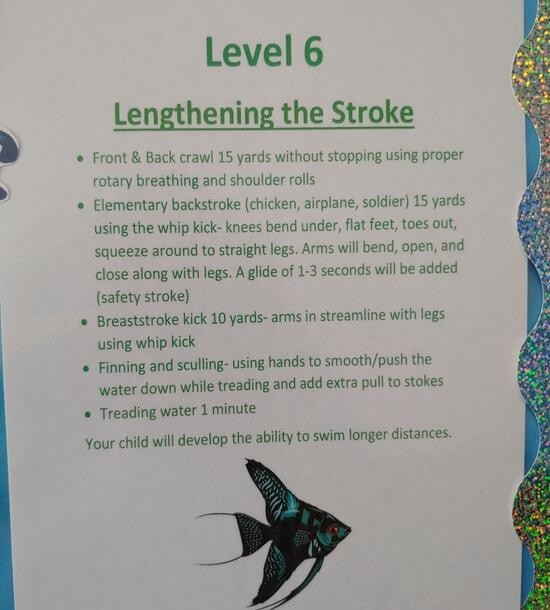
Swimming Level 7
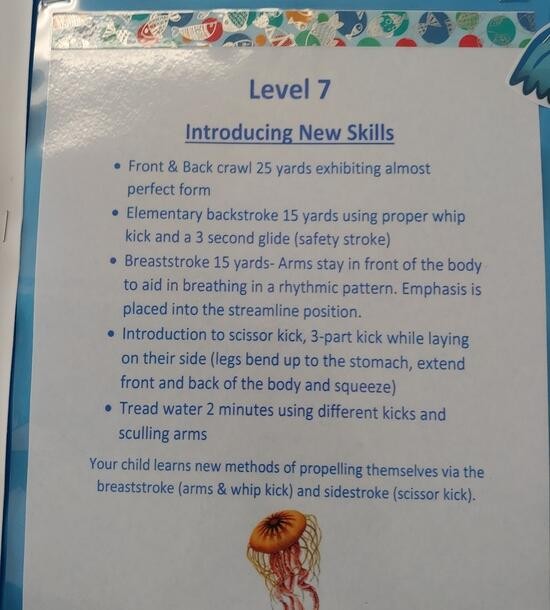
Swimming Level 8
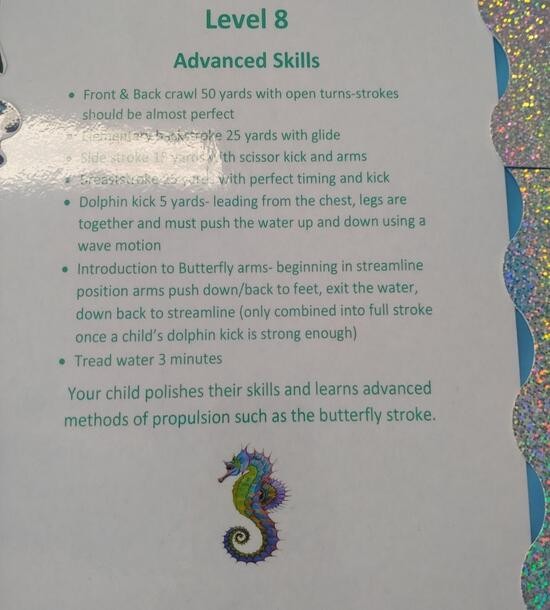
Frequently Asked Questions
YouTube Video On How to do Beginners Float?
Why is it hard to learn to swim?
Swimming is uniquely characterized by its reliance on buoyancy and instability in water. In most sports, our feet are firmly planted on the ground; in swimming, we float and are unsteady in the water. Water’s almost 800-fold density relative to air gives us a lot of resistance when we want to move through it. This requires a great deal of strength.
Can swimming be self-taught?
You can learn to swim by yourself if you want to. The shallow end of a swimming pool is a good place to start. Swimming requires breathing, kicking with your legs, and swimming with your arms. You can practice these things one at a time in the shallow end of a pool.
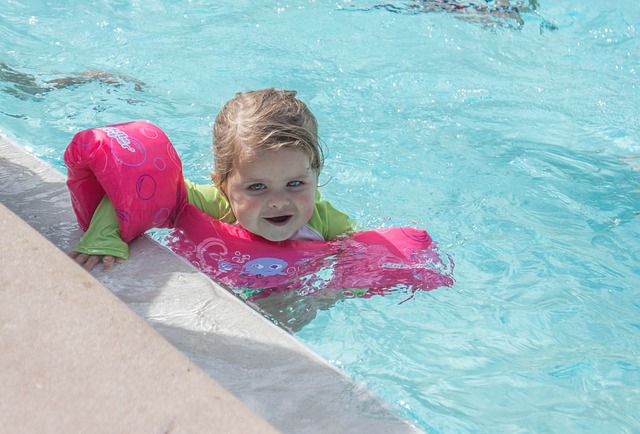
Why do I sink when I try to float?
Our muscles are like a rock, and our fat is like a stick. Because muscles are denser than water, we sink. The oil in fat keeps it from mixing with water, which causes it to float when we are in the water.
Do fat people float?
How well do overweight people float? As a rule, people of all sizes can float better if they are overweight. A person’s overall composition, not their size per se, determines their buoyancy and how well they will float in water. The higher the percentage of body fat a person has, the easier it will be for them to float.
